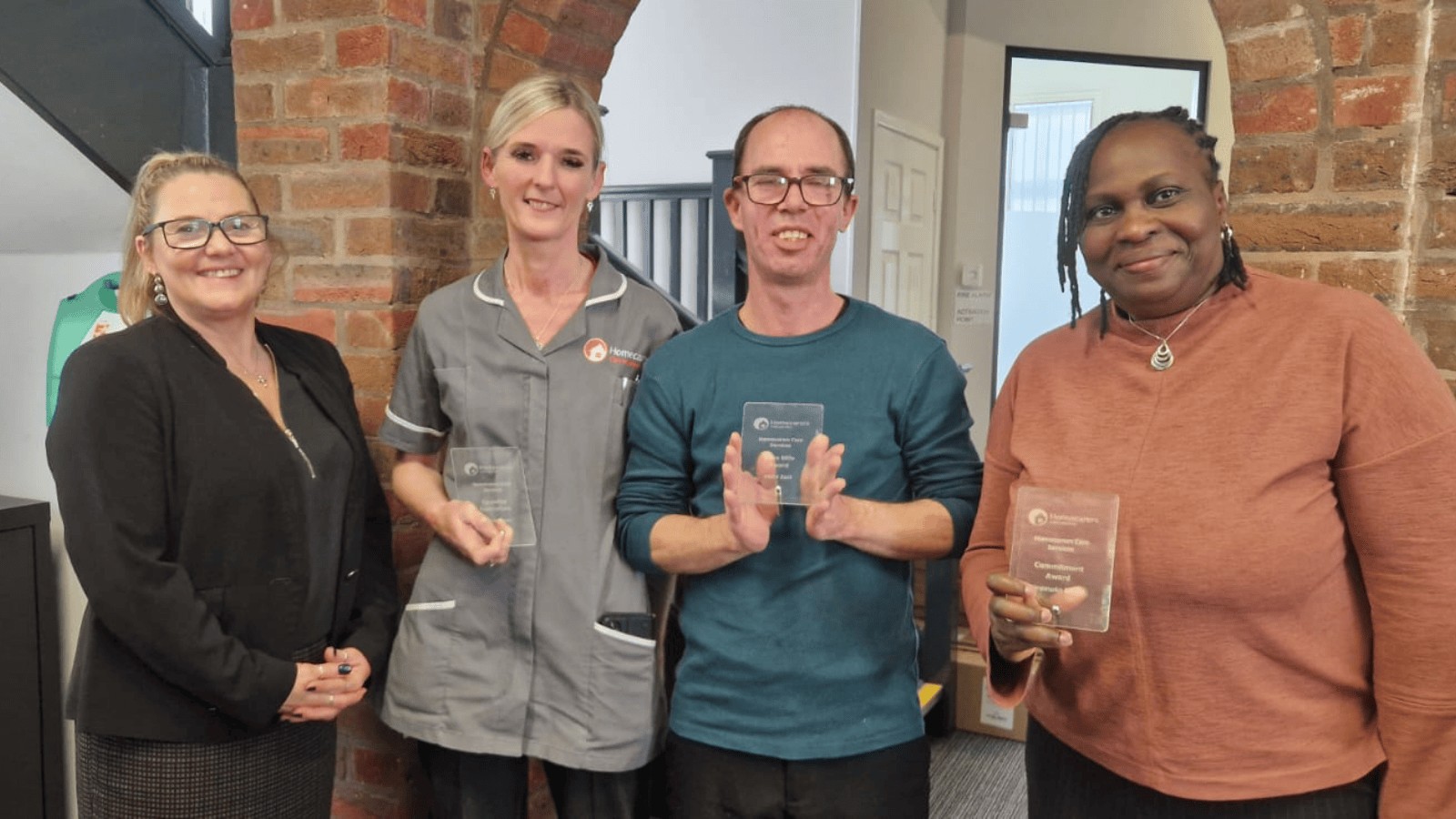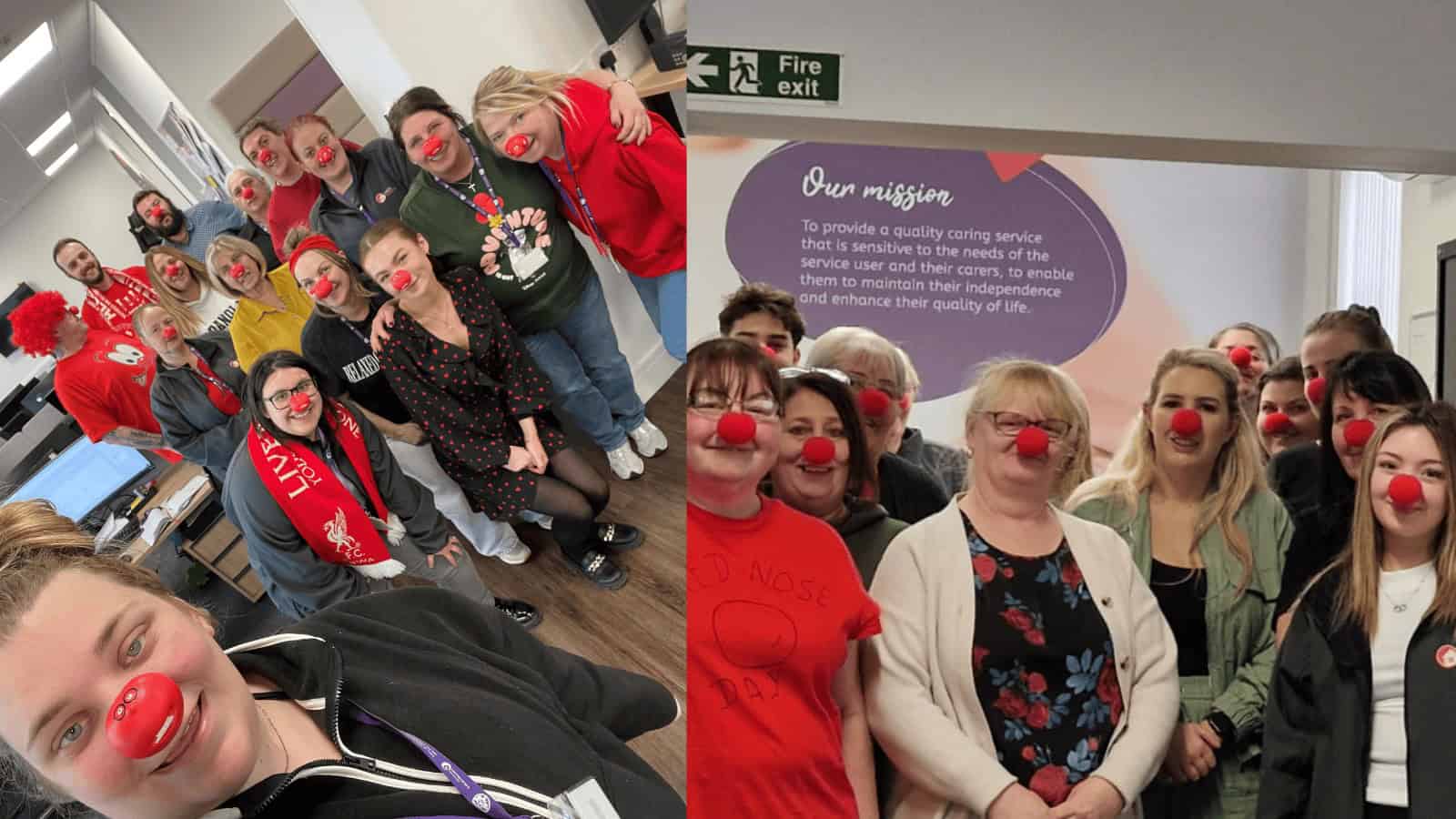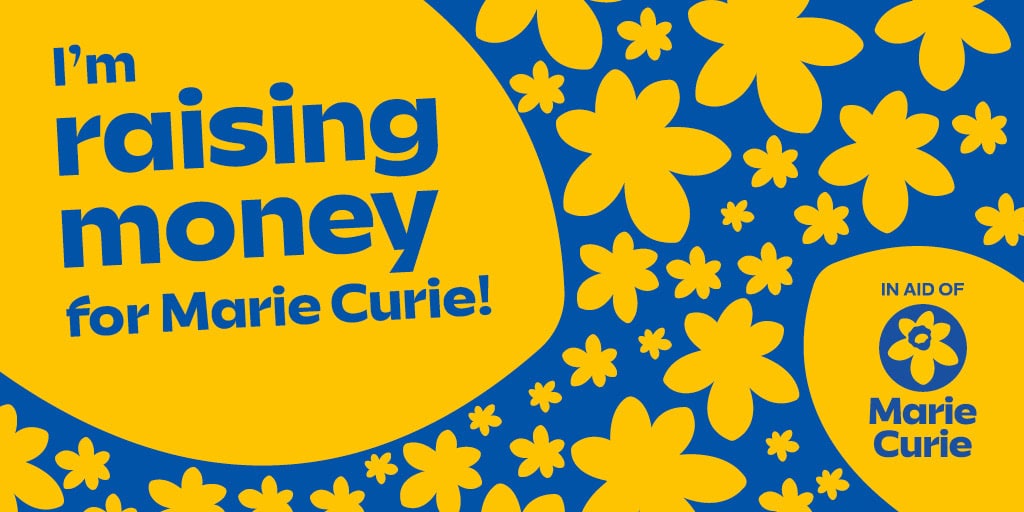This month is Alzheimer’s & Brain Awareness Month, but do you know the difference between dementia and Alzheimer’s?
What is dementia?
Dementia is the general term for the condition that affects memory, behaviour and communication. This is categorized by a decline in memory, communication skills and ability to do normal daily activities. There are over 200 subtypes, including (but not limited to): Alzheimer’s disease, Vascular Dementia, Frontotemporal Dementia and much more.
There are currently over 55 million people around the world who suffer with the condition, with a lot of people having more than one type, known as mixed dementia. There are many different symptoms and causes, hence why it is classed as an umbrella term due to the many different types. Dementia is the fifth leading cause of death in the world, with most people who have the condition over the age of 65.
How is dementia diagnosed?
Dementia is often diagnosed with a physical examination, diagnostic tests, and often an autopsy. Often, it will start with an appointment with your GP if you believe you are suffering with common symptoms of the condition. They will begin with asking you questions about any symptoms you are experiencing, and any other health conditions you suffer with, asking if you struggle with any day-to-day tasks (cleaning, cooking, dressing, washing etc).
After this, you will usually be asked to do a mental and cognitive test to understand your capacity. Your GP may also refer you to a dementia specialist if they have ruled out any other conditions that can cause memory loss (e.g: depression, anxiety, underactive thyroid, and also side effects of some medication) for a second opinion and official diagnosis. From there, they may also ask you to complete a brain scan (CT scan or MRI scan). After conducting several tests, your doctor can then come to an accurate diagnosis – however, your doctor will ask if you would like to know your diagnosis.
What happens once I am diagnosed?
We know what once you can receive the diagnosis, this can be a scary time for both you and your loved ones. However, there is a range of support that your GP and dementia specialist can provide.
Whilst there is no cure for the condition, you will have a team around you who will support you. You will be told the type of dementia you have (unless this is not clear, in which case you may need to go for further testing), any further symptoms you may experience in the future, how your symptoms could worsen, and potential treatment options that may reduce the effect of your symptoms. You will also be told which professionals will be organising your care, what support is available in your area (such as support groups and community events), and how your condition can effect things like driving, employment, and finances.
You will also receive ongoing support and regular assessments/check-ups with your GP to assess your condition, and discuss further treatment if your condition is progressing quickly.
What are the common symptoms?
The common symptoms of dementia include, but are not limited to:
- Forgetfulness
- Behaviour changes
- Confusion with bearings
- Losing track of time
- Repetitive questioning
- Poor hygiene (linked with forgetfulness)
- Difficulty remembering people/places
- Aggression
- Depression
- Anxiety
What is Alzheimer’s?
Alzheimer’s is a form of dementia, and is categorised as a progressive disease that impairs memory and cognitive function due to cell damage. The most common symptom of Alzheimer’s disease is loss of memory and trouble remembering important information, disorientation, confusion and behaviour changes. Often, those with Alzheimer’s can show signs of aggression, and also have trouble eating, swallowing, or even walking.
How is Alzheimer’s diagnosed?
Alzheimer’s can only be officially diagnosed when the brain is examined during an autopsy. However, Alzheimer’s can not be confirmed with 100% accuracy if the person is alive. Yet, specialists can diagnose the condition with up to 90% accuracy with other diagnostic tests.
What are the specific symptoms?
Specific symptoms of Alzheimer’s include:
- Disorentiation
- Aggression
- Difficulty speaking/swallowing/walking.
- Impaired judgement
- Apathy
Do we provide specialist dementia services?
Here at Homecarers, we provide both specialist dementia care and end-of-life care. We know how hard it is for service users and their families when they can be diagnosed with dementia or Alzheimer’s, especially during the later stages of the condition.
Click here to read more about the services we provide.
Where can I find more information about dementia or Alzheimer’s?
For more information about symptoms, diagnosis, and treatment, please visit the NHS website here.








